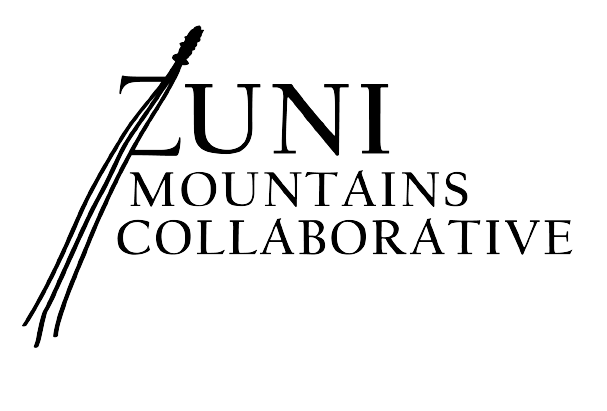Our projects work to improve, enhance, restore, and protect
2024 Monitoring season recap presentations
2023 Water Monitoring Report / 2-Pager Summary
Forest Overstory Monitoring Update: 2023
Forest Overstory Monitoring Update: 2020
Water Quality/ Weather Station Report
2013 Monitoring Gap Assessment
The ecological and economic resiliency of the grasslands, woodlands, forests, riparian corridors, and communities within the Zuni Mountain Landscape by working collaboratively across a diversity of interests. The Collaborative actively monitors sensitive plants, stream and riparian areas, sediment deposits, and soil data, as well as maintains a weather station and an invasive species inventory in the Zuni Mountains.
The Collaborative, and our partners maintain a diverse amount of data sets that may be useful for planning and research purposes. If you are interested in Zuni Mountains data to support your research or work please contact Matt Piccarello at matt@forestguild.org.
Weather station, Zuni Mountains
“Our restoration vision is a landscape where the vegetation is resilient in the face of climate change, resistant to uncharacteristic crown fires, and supports healthy animal and human communities.”
we support management actions to...
Reduce the risk of uncharacteristic wildfire
Restore natural fire regimes
Increase forest diversity and old growth characteristics
Utilize woody by-products
Improve fish and wildlife habitat
Improve water quality and watershed functions
Mitigate climate change impacts
Restoration Vision
Managed burn in the Zuni Mountains
The vision for the Zuni Mountains is a landscape where the vegetation is resilient in the face of climate change, resistant to uncharacteristic crown fires, and supports healthy animal and human communities. Restoration is the best tool available for achieving this vision. The overarching goal of restoration is to return forest communities to conditions that are within the natural range of variability, i.e., state that is within the spectrum of conditions that occurred before extensive modification of fire regime that occurred as Euroamericans settled the region. A restored landscape means restoration of ecosystem processes, particularly fire. Restoring fire as a natural process is the most effective and cost efficient way to ensure maintenance of healthy conditions.



